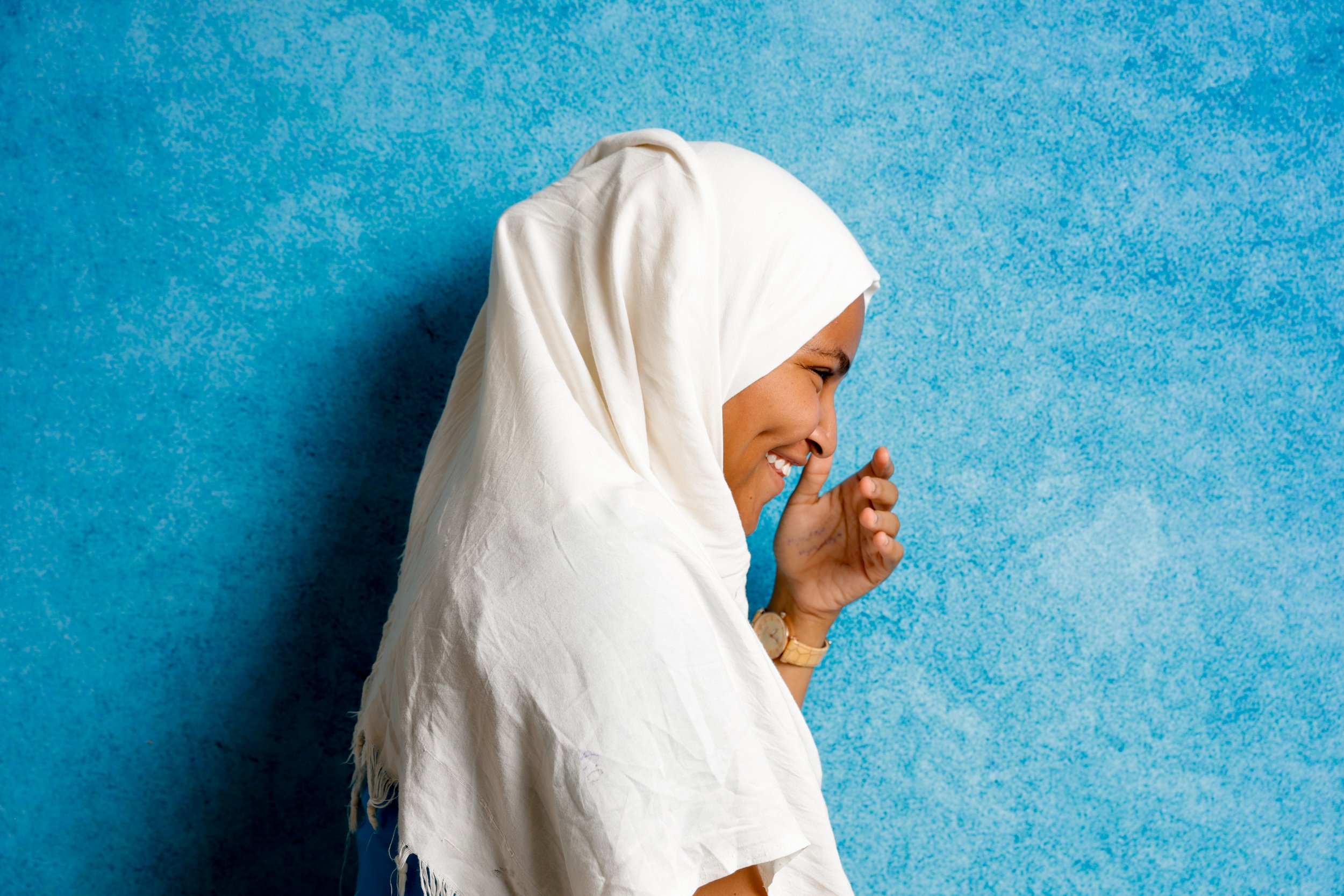Advancing Gender Equality in Kenya through Education
WORDS AND IMAGES BY: CHRISTINA “RIVER” CALLAWAY
EDITED BY TAMARA BLAZQUEZ HAIK
Around the world, girls encounter significant barriers to accessing and completing their education due to disparities enforced by stereotypes, segregation and gender roles—that could have already been dismantled if not for shameful colonial systems and influences that still remain to this day.
In Kenya, despite major advancements in education over the last 20 years, nearly 8.5 million women still lack basic literacy skills compared to their male counterparts. While primary education is free in the country, the cost of sending a child—especially a girl, to secondary school is a choice that’s made both by cost and credo. Many parents cannot justify sending a female child to school as they don’t see how education alone impacts their daughters or family (source). These alarming statistics are the main reasons why Akili Dada—a women-led organization based in Kenya, has emerged as a beacon of hope.
“African. Women. Lead.” is what Akili Dada stands for and strives to accomplish through its comprehensive scholarship program. Supporting young women’s education in high schools all over Kenya is essential to advancing gender equality in the country.
Attaining the scholarship, however, is no easy feat. Potential scholars must maintain a specific grade point average for months prior to becoming a candidate, and must continue to maintain this GPA each term. Representatives are sent from Nairobi to conduct home visits where they assess not only the girl's academic potential, but her living and learning environment as well. A stipend for groceries serves as a lifeline, and encourages parents to continue supporting the girls' education and continuation in the program.
Akili Dada’s vision is to “create spaces and platforms that foster intergenerational learning, sisterhood, mentorship and agency,” so once a girl is accepted into the program, she’s not only receiving an education, but becoming part of a tight-knit sisterhood. The scholars also receive journals that help explain basic issues all young women face, like puberty and reproductive health, topics rarely discussed openly in Kenya.
Additionally, weekly discussions facilitated by a teacher that revolve around self-love, self understanding and female empowerment encourage these girls to speak up and speak for themselves. The discussions serve as a catalyst for the scholars to think about their futures in an open-minded environment, as well as encouraging them to explore possibilities outside of their own culture and community.
Questions like “what does it mean to be a girl?” versus “what does it mean to be an African girl?” help to broaden scholars' identity as Kenyan girls and their place as African girls within the continent. “Being African means we undergo a lot of challenges. We have been taught survival skills, so that you can stand up for yourself. It’s not like in the more developed countries, being an African means we really really know how to survive,” said Lucy, a 15 year old Akili Dada scholar. “By the time you’re grown up, everyone knows ways to help one another and an African girl can rely on her African sisters if she needs help”.
“If you educate a man, you educate an individual, but if you educate a woman, you educate a nation.
”
There are very real issues that women in Kenya face, no matter what age they are, and the discussions with alumni women—many years their senior, address critical issues like Female Genital Mutilation (FGM) and reproductive health rights. Beryl Khalamwa, an alumni of Akili Dada, advocates for breaking the silence on these taboo topics. “We have a lot of secrets that do not pass on to the next generations,” explains Beryl, “so unless we have a platform for women to speak up and tell their stories, we can’t come up with a solution. When we tell our own stories we can create our own solutions. If it can become easier for us to speak up, it will also become easier for others to hear it.”
Unlike other organizations, Akili Dada doesn’t stop supporting girls when their high school education ends, rather their alumni are active members who engage in yearly summits, community discussions and some cohorts have even begun to produce their own podcasts to address ongoing issues facing Kenyan women.
The significance of the Akili Dada program goes beyond education alone. While continued learning may serve as the first step towards personal advancement, it also empowers young women to expand their potential; to challenge their existing beliefs and envision new ones.
“Unless we have a platform for women to speak up and tell their stories, we can’t come up with a solution.”
Globally, females of all ages are at a disadvantage solely because of their gender, which is particularly true in impoverished communities. Education nurtures confidence and inspires voices to be heard. Akili Dada’s commitment to supporting young women through education, facilitating honest discussions and providing a network of support beyond formal schooling brings about consistent change. “African. Women. Lead,” is both a guiding principle and a promise.
To learn more about Akili Dada’s work, visit their website.









